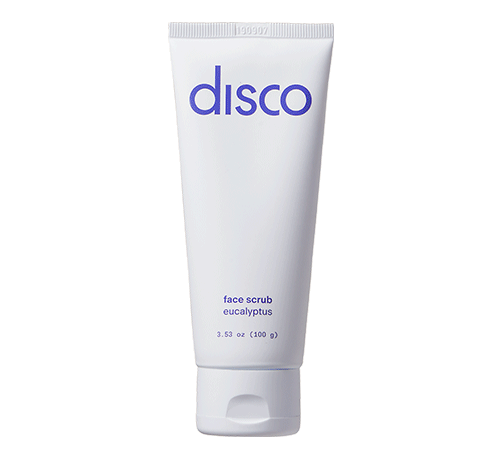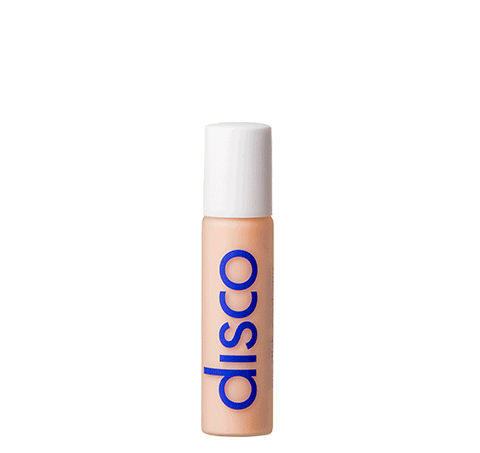You may already have a handle on what skincare products work best for your skin, and understand the basics of cleansing, exfoliating, toning, and moisturizing. However, the science behind skincare and how it works on a molecular level are less common knowledge.
Fluff words and industry jargon tend to make up the marketing material of skincare brands, advertising their products that “drink up” moisture, “pore-eliminating” serums, or even “recycle” skin cells. We’ll break down exactly how skincare works so that you can better understand how products are going to benefit your skin.
How does the skin function?
The skin is our largest organ and serves as a protective barrier, protecting our vital inside organs from the outside environment. The skin is comprised of three layers: the epidermis, the dermis, and the hypodermis.
The epidermis is what we think of when we think about our skin. It’s the layer we can see and the outermost layer. It’s waterproof and made up of dead skin cells. You can think of the epidermis as a tiled roof, with dead skin cells overlapping one another to create a waterproof surface of the skin.
The middle layer of the skin is the dermis: made up of elastin, collagen, connective tissue, blood vessels, hair follicles, and sweat glands. This is where the real action happens; aging, skincare product benefits, and where our blood runs through.
The hypodermis is the innermost layer of the skin and is comprised of fat and connective tissue. This is the last line of defense before the vital organs within our bodies.
Skin Penetration
So what layer of skin do you want your skincare products to penetrate? The short answer is the epidermis and the dermis layer. However, most topical skincare products typically only reach the outermost layer of the skin, the epidermis. Skincare products can feel like they are not absorbing into the skin because they are evaporating on this top layer. Think of it like an “air-drying” effect; applying a cream to the face and feeling it dry, but still feeling like your skin is not hydrated, plump, and moisturized.
For truly effective skincare, the products must penetrate beneath the epidermis into the dermis layer, where the blood lives. True absorption is key for the skin to adequately receive the benefits of the products for fortification, hydration, and protection.
So how does skin penetration work? Certain ingredients are more likely to sink beneath the epidermis layer than others. These ingredients, called penetration enhancers, help other active ingredients sink beneath the skin’s surface and into the dermis layer. These can usually look like alcohol or fatty acids. Furthermore, ingredients with smaller molecular structures can more easily penetrate the skin, like Vitamin C, Hyaluronic Acid, and Vitamin E. Products in serum form are also more effective with skin penetration, as opposed to heavier creams and moisturizers.
What causes wrinkles?
Wrinkles are one of the most common concerns in the skincare industry. Let’s face it: most of us do skincare to look younger for longer, which is code for avoiding wrinkles as long as possible. With age, skin cells lose elasticity and strength, which therefore causes wrinkles, fine lines, and loose skin form. Factors such as sunlight, UV exposure, and cigarette smoke can cause the skin to break down and lose elasticity. So how can skincare work to smooth wrinkles or prevent them?
Retinoids and retinol, a form of Vitamin A, are clinically proven to prevent wrinkles and fine lines. Retinoids accelerate skin turnover, which is the natural process of dead skin cells shedding to create new skin cells. The cell renewal process is key to most skin problems like acne, wrinkles, and clogged pores.
Retinoids support the skin cell rejuvenation process by boosting collagen production. Collagen is the vital protein that keeps skin elastic and strong, and the skin naturally loses collagen from aging and sun exposure, leading to wrinkles.
Final Thoughts
It’s important to understand just exactly how skincare works and functions in conjunction with your skin to know if products are working for you. The key to skincare is to set up a regimen that meets the 3 foundations: cleansing, moisturizing, and applying SPF, as well as ensuring that the products you are using have active ingredients that will adequately penetrate the skin.
If you’re looking for the most effective skincare products, focus your attention on active ingredients that are most likely to penetrate the skin, like Vitamin E, C, Retinol, and Hyaluronic Acid.







